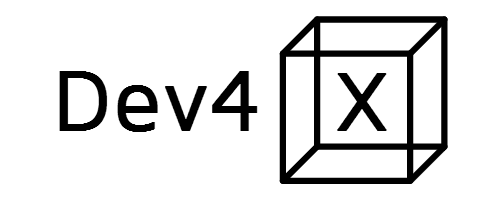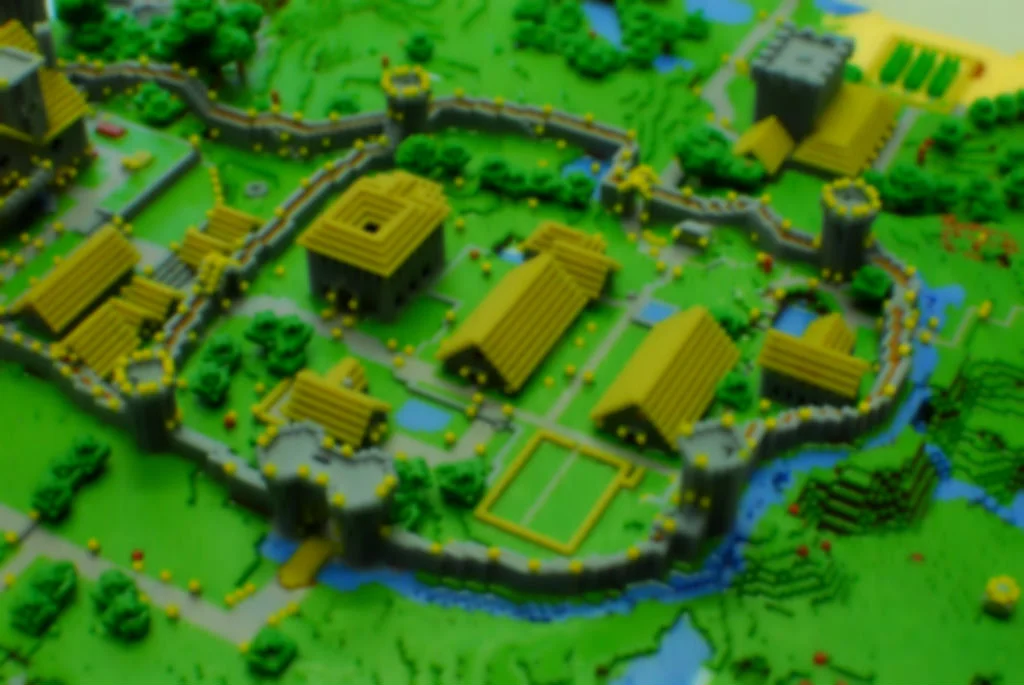The team at Dev4x is a huge fan of Salman Khan’s work. His model for the future of education is an inspiration to ed-tech teams around the world. Which is why, we’re thrilled to announce that one of the perks of our crowdfunding campaign will be a certificate signed by Salman Khan, along with his book ‘The One World Schoolhouse: Education Reimagined’
Research completed by Dr. Sugata Mitra over the last 16 years has changed the way we view the role of computers in education, considerably shaping the direction of Educational Technology. Dr. Mitra’s research has demonstrated the potential for children in developing countries to spontaneously teach themselves.
During Malala's Nobel Peace Prize speech, she told the world that the award was not only for herself, but for "for those forgotten children who want (an) education." Let us stand with her #WithMalala
Global Collaboration Day - Join our workshops: Students, teachers, and organizations will celebrate global collaboration on September 17th! On this day (and beyond), experienced global educators and professionals will host connective projects and events and invite public participation. The primary goals of this whole day event are to demonstrate the power of global connectivity in classrooms, schools, institutions of informal learning and universities around the world, and to introduce others to the tools, resources and projects that are available to educators today.
What use would education be if it doesn’t provide what children need to be empowered and effective in this fast changing world? A one-size-fits-all, factory education, would not help any child, let alone the most underserved children. Most of us remember the stress imposed by rigid linear curriculums; if you don't get something right at a particular point in time, well that's it, you either fail and stay behind to repeat a whole year or you may be funneled off into a separate path from which it would be near impossible to move back into the main flow. Without going into detail about these issues with our current educational systems. I'd like to describe how we are approaching education radically different:
A post about Defining where we are going and how we will be measuring success. Developing towards and measuring against specific impacts we want to attain.
Today my daughter wants to learn about rockets, makeup and trucks. . . Now what? This post explains how this situation would unfold in the near future, and how this will change the world for underserved children.
Image by: post-apocalyptic research institute via Flickr
The amount of effort in the project is really picking up! This is a chort post to tell you where to find related info.
During May and June we spent a great deal of time in East Africa. Our goal was to work with a group of children that had no access to formal education and did not have access to qualified teachers, and figure out how a self-schooling platform could work in their environments. This is what we found:
Over an intensive 20 day trip in East Africa we spent a great deal deal of time meeting new people, forming strong relationships and the beginnings of some solid partnerships. It was during this time that we decided to host a Design Sprint Hackathon to bring together some of the best EdTech companies, technologists and designers. The event was a great success!
We've been working in Kiberia, a large informal settlement in Nairobi. Here we are working with children who cannot go to school. We are helping these children by finding the best ways we can empower them to be able to teach themselves and for them to teach their friends.
Do you want to help a growing community solve one of the biggest challenges/opportunities of our time? Do you want to help provide education to those children in extreme poverty, conflict zones, disaster areas or in regions that restrict open education?
Image By: Jeff Turner
What if we were to offer every single possible lesson from all known curriculums and allow a student to select those which resonate most with their individual learning abilities?
Image by: Brad Ruggles
Have you ever thought of a project that if people would just stop for one second and do the obvious, the world would be a whole lot better for it. Our project is centered in that basic principle! Putting the children first is the only way business should operate in education!
Image by: Brad Ruggles
The Global Learning XPRIZE is an incentive competition that is calling on teams from around the world to build a software platform that can teach children literacy and numeracy, in 18 months, without the help of a teacher. Our project has decided —due to the close similarity to our short term goals— to register for this competition. However this has now caused many folks to ask the question, "How will the competition winnings be distributed if we were to win?"
Image by: Brad Ruggles
We are tackling the challenge of teaching the world's marginalized children through radical openness. Asking everyone with the energy and talent, to help educate the world’s children. This open community approach requires us to communicate with a wide range of audiences, all interested in slightly different aspects of what we are doing, hence the open map that we are creating.
Last week Solve For X started to showcase our project as one of those on their site that they want to encourage others to follow and support.
























